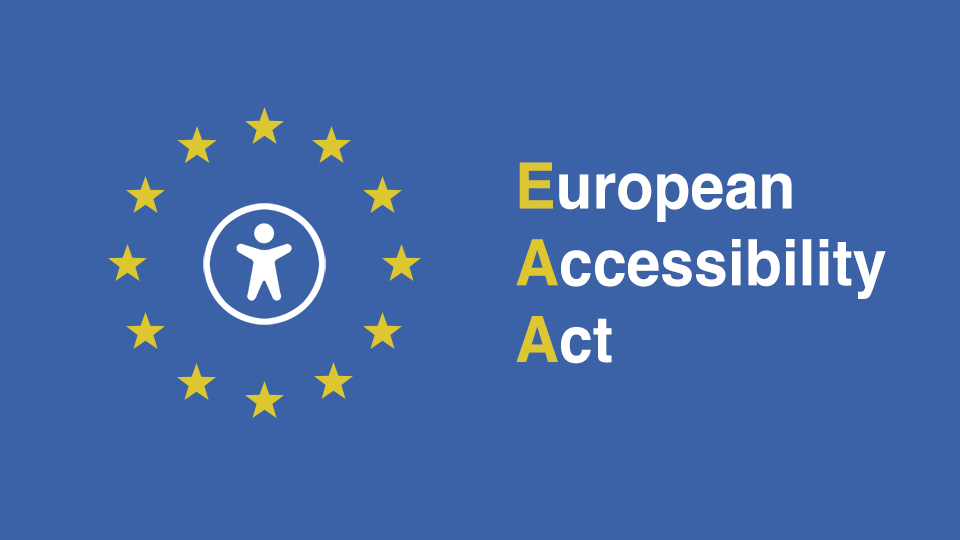EdTech firms urged to act as European Accessibility Act nears implementation
Digital learning providers must shift from compliance to strategy, say experts at a webinar discussing the implications of the European Accessibility Act which becomes legally enforceable later this week.
Digital accessibility in learning is set to move from the margins to the mainstream as the European Accessibility Act (EAA) comes into force on 28 June 2025. A recent high-level webinar hosted by ReadSpeaker and the European EdTech Alliance laid out the far-reaching implications for digital learning providers.
The event, titled Unlocking the Power of Accessibility: The European Accessibility Act and the Future of EdTech, brought together policy and academic voices including Inmaculada Placencia Porrero (European Commission), Professors Miguel Ángel Valero Duboy and Emiliano Díez, Beth Havinga (European EdTech Alliance), and Fredrik Larsson (ReadSpeaker).
Key messages from the panel
The EAA is a strategic inflection point: Rather than a compliance exercise, the EAA was positioned as a framework for innovation. Speakers stressed the competitive advantage of embedding accessibility early in product development.
Inclusive design benefits all users: Features such as text-to-speech, intuitive navigation and multimodal content improve learning outcomes for a broad user base, not just those with disabilities.
Wide scope, low awareness: The EAA applies to all commercially available digital learning products sold in the EU, including platforms, content and assessments. Yet many providers, particularly SMEs, remain unaware of their obligations.
Procurement is a driver: With both public and private sector buyers expected to require proof of compliance, accessibility is becoming a core procurement criterion.
Standards matter: The EAA mandates adherence to established benchmarks including WCAG 2.1 and EN 301 549. Retrofitting products to meet these standards is costly; integration from the outset is strongly advised.
Urgent need for preparation: With the compliance deadline less than a year away, the panel urged providers to assess their current offerings and build accessibility into future development plans.
Expert perspectives
Placencia Porrero described the EAA as a harmonising force, designed to reduce market fragmentation and ensure equal access to digital services across the EU.
Valero Duboy and Díez highlighted the role of inclusive assessments and AI-driven tools in meeting accessibility standards.
Havinga emphasised the need for scalable, interoperable solutions to support SMEs in meeting their obligations without stifling innovation.
Larsson presented ReadSpeaker’s tools as a case study in accessibility by design, delivering both regulatory compliance and enhanced user experience.
Outlook
The consensus from the webinar was that accessibility is moving to the heart of digital learning strategy. Providers that act early not only reduce risk but position themselves as leaders in a more inclusive and competitive EdTech landscape.


